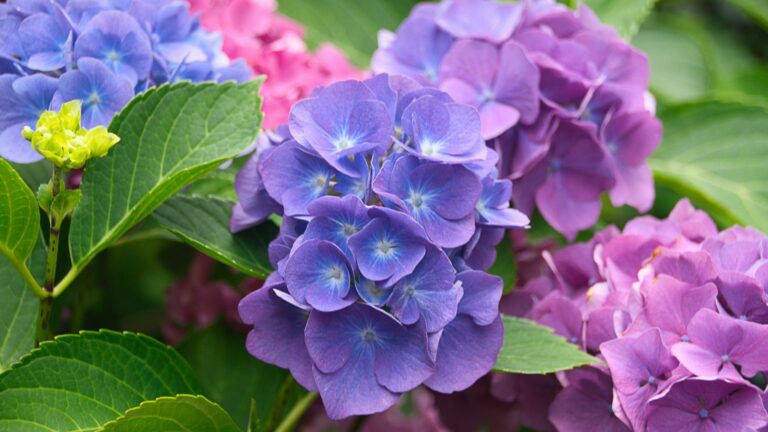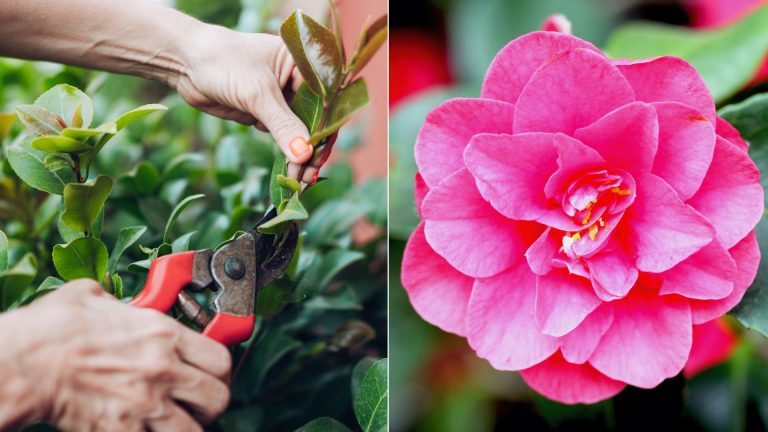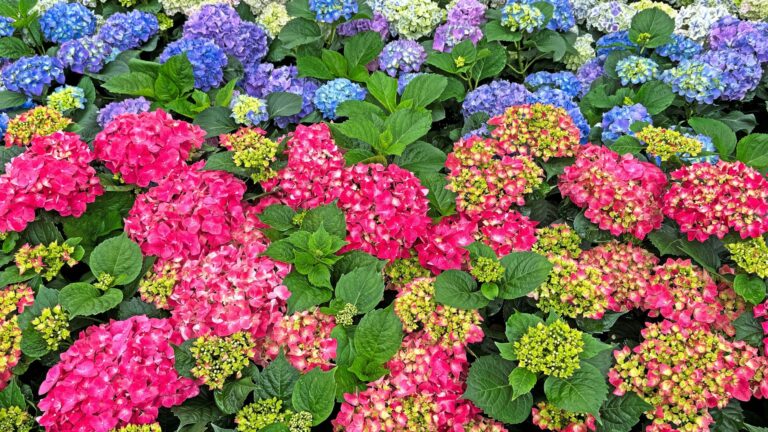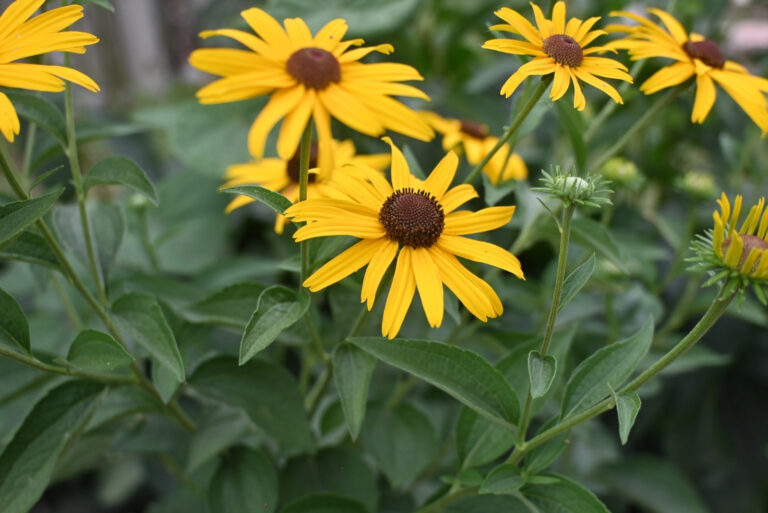15 Reasons You Should Never Skip Pruning Your Herbs (And How It Helps Growth)
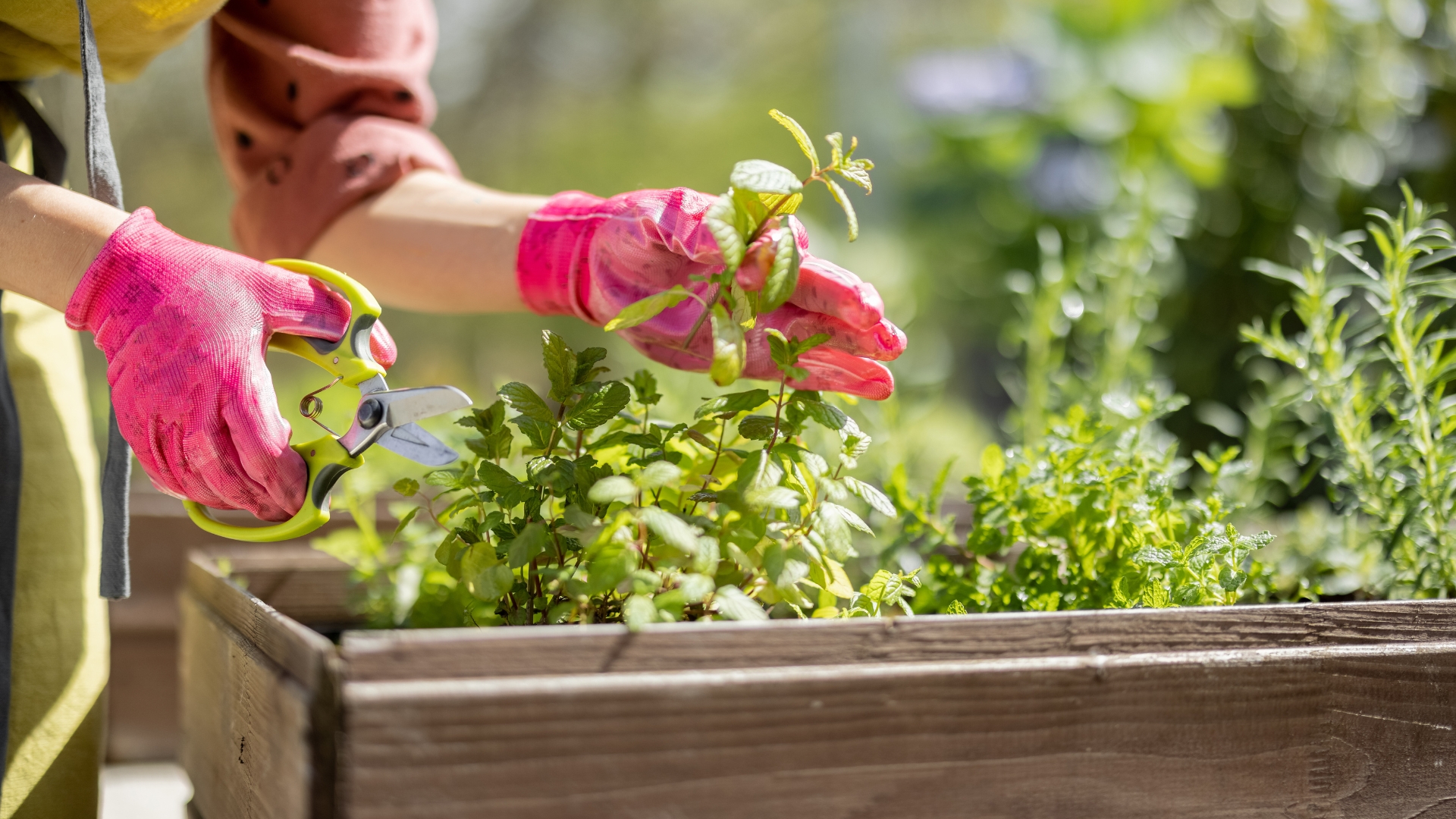
Skipping herb pruning might seem like no big deal, but it can really hold your plants back. Regular trimming isn’t just about keeping things neat—it actually encourages your herbs to grow fuller and more flavorful.
I’ve noticed my herb garden comes alive when I give it a little haircut every now and then. Plus, pruning helps prevent those leggy, sad-looking stems we all want to avoid.
Let’s talk about why snipping those herbs is one of the best things you can do for a thriving garden.
1. Prevents Legginess
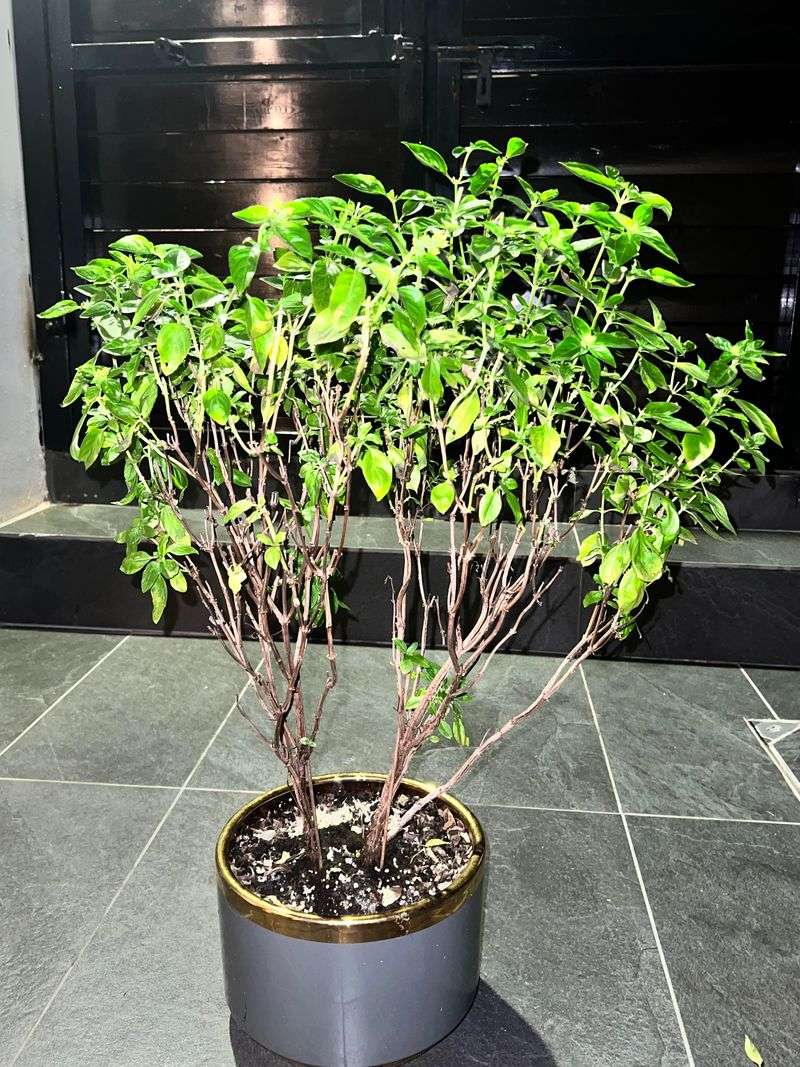
Those tall, stretched-out stems with sparse leaves aren’t doing your herbs any favors. Regular pruning encourages bushier growth by activating dormant growth nodes along the stems.
When you snip off the top growth, you’re sending a signal to the plant to branch out sideways instead of just growing upward. The result? Fuller, more compact plants that produce more of the flavorful leaves you’re growing them for in the first place.
2. Boosts Flavor Intensity
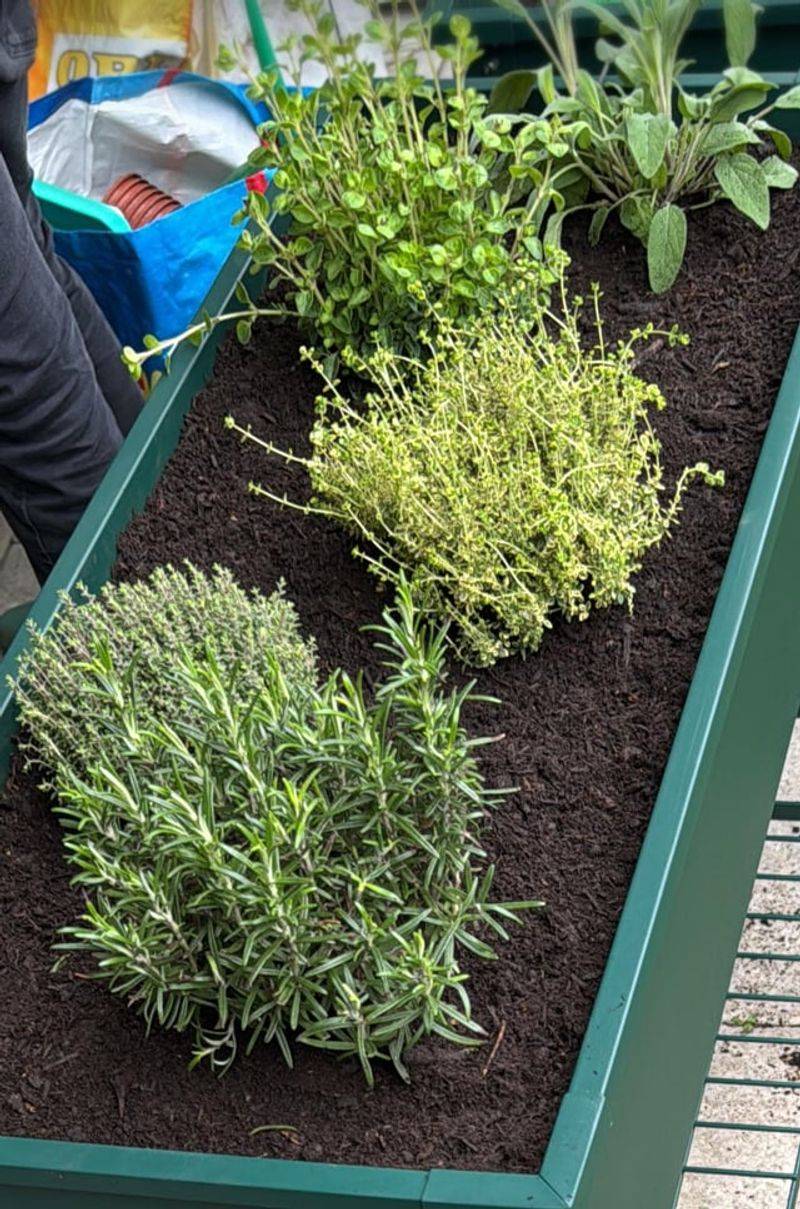
Your herbs’ essential oils give them their distinctive flavors, and pruning actually stimulates production of these aromatic compounds. Many gardeners don’t realize that younger leaves often pack more punch than older ones.
By encouraging fresh growth through regular trimming, you’re essentially farming the most flavorful version of your herbs. Next time you’re cooking, you’ll notice the difference immediately when you add those intensely aromatic fresh-pruned leaves.
3. Extends Harvest Season
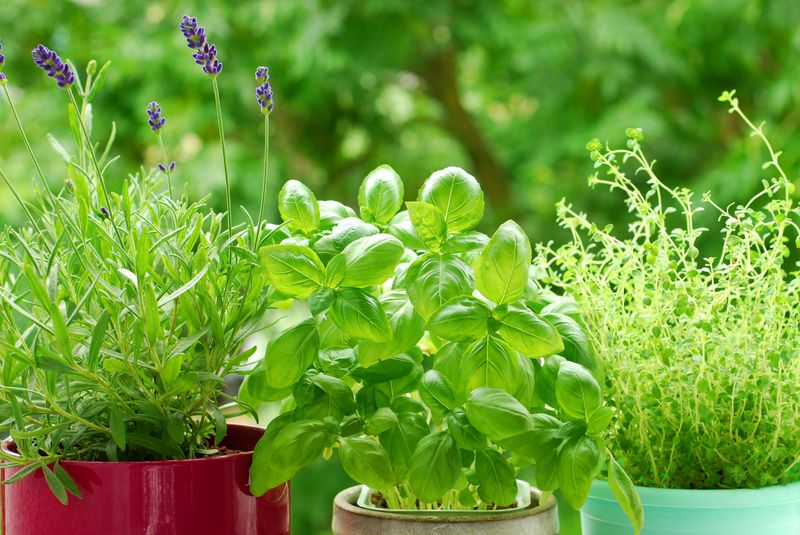
Without pruning, many herbs quickly bolt (produce flowers and seeds), thinking their life cycle is complete. Once flowering begins, leaf production typically slows dramatically, and flavor often becomes bitter or diminishes.
Regular trimming tricks the plant into staying in its vegetative, leaf-producing phase longer. This simple practice can extend your harvesting window by weeks or even months, giving you fresh herbs well beyond their typical season.
4. Prevents Diseases
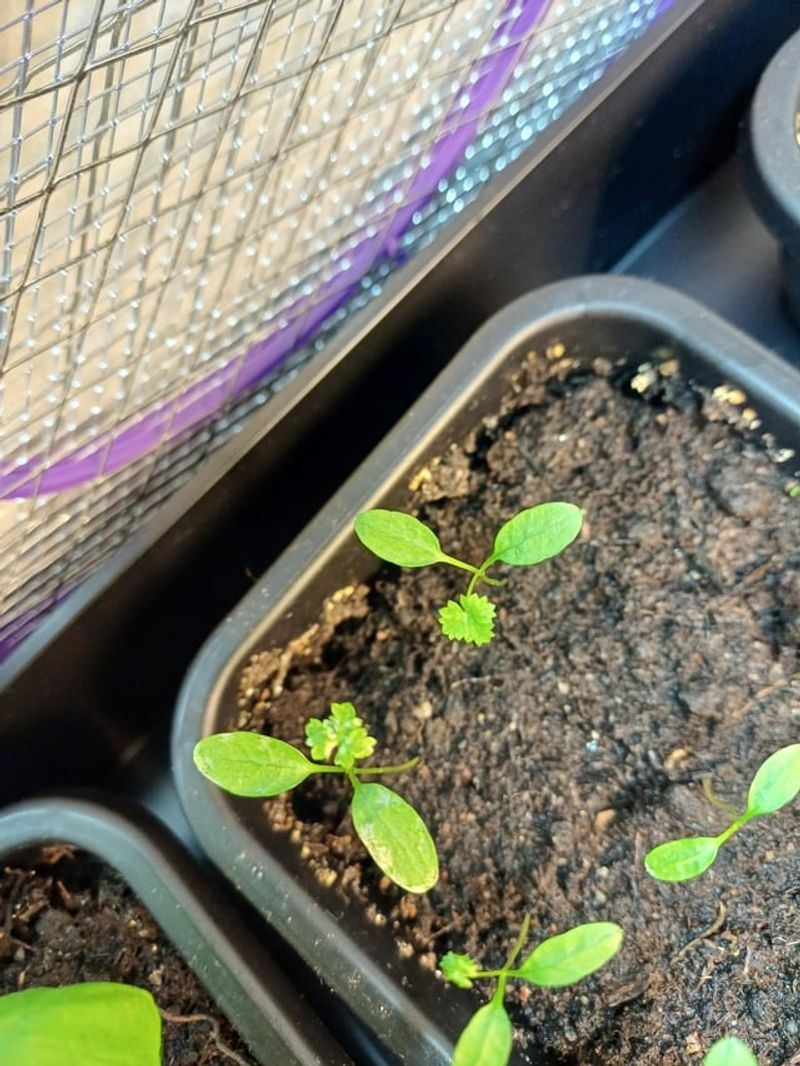
Dense, unpruned herbs create the perfect environment for fungal diseases and pests to flourish. Stagnant air and high humidity between crowded leaves are breeding grounds for problems like powdery mildew and leaf spot.
Strategic pruning improves air circulation throughout the plant, allowing leaves to dry faster after watering or rain. This simple practice dramatically reduces disease pressure without requiring chemical interventions, keeping your herbs naturally healthy.
5. Encourages New Growth
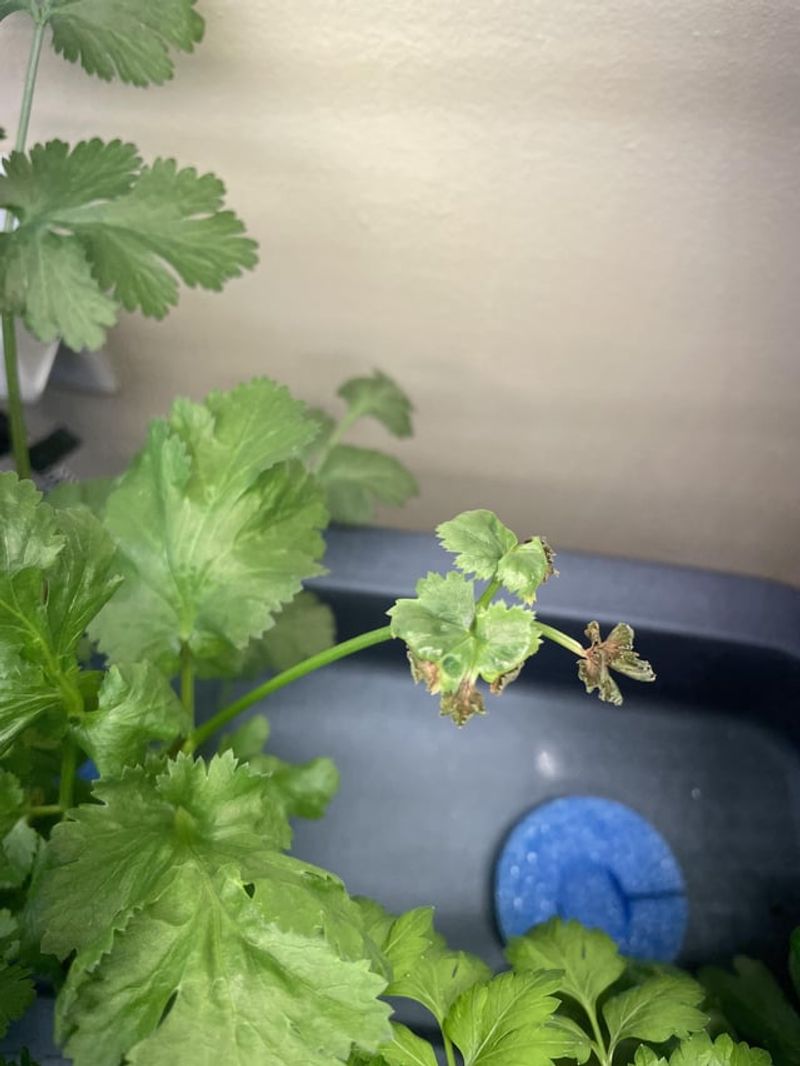
Plants have a remarkable ability to regenerate when properly pruned. Each cut stimulates hormonal responses that activate dormant buds, triggering fresh growth from places that might otherwise remain inactive.
The science behind this is fascinating – auxins (plant hormones) that normally suppress side branching get redistributed after pruning. Your herbs respond by producing multiple new growing points for every one you remove, creating a multiplication effect that maximizes your plant’s productive potential.
6. Maintains Appearance
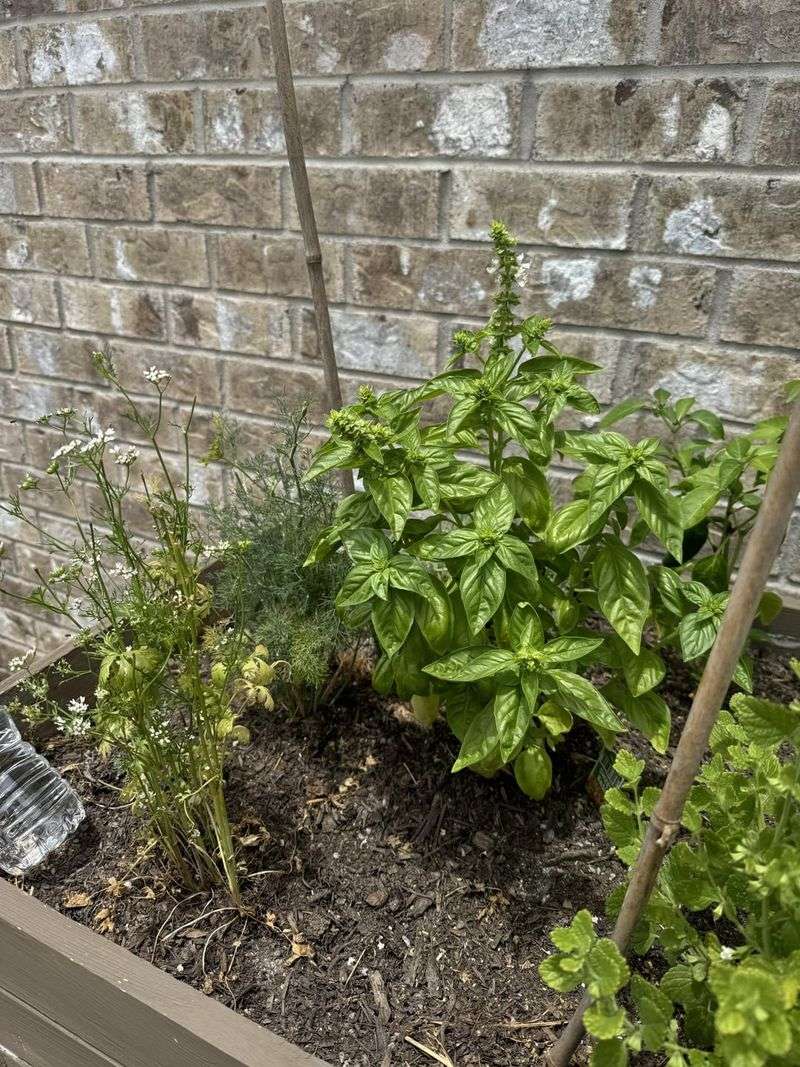
Let’s face it – scraggly herbs with yellowing bottom leaves aren’t exactly garden showpieces. Regular pruning removes unsightly growth and keeps your herbs looking their absolute best, whether they’re in dedicated beds or mixed with ornamentals.
The aesthetic difference between pruned and unpruned herbs is striking. Well-maintained herbs have a natural sculptural quality that adds structure and visual interest to any garden space, making them true dual-purpose plants that are both beautiful and useful.
7. Prevents Woodiness
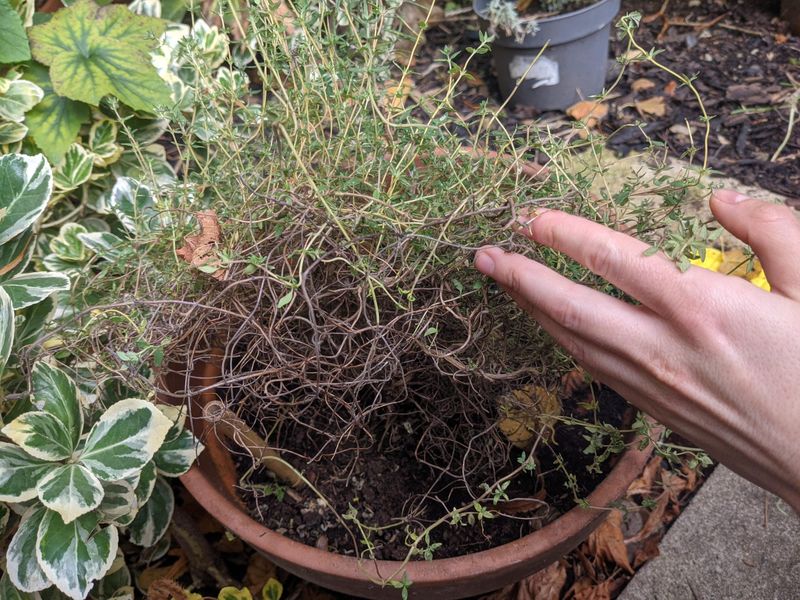
Many perennial herbs like lavender, sage, and thyme develop woody stems as they mature. Without regular pruning, they become increasingly woody with diminishing leaf production and eventually require replacement.
Strategic pruning encourages these herbs to produce new growth from the base and prevents them from becoming excessively woody. This practice extends the productive lifespan of your perennial herbs by years, saving you the time and expense of frequent replanting.
8. Increases Yield
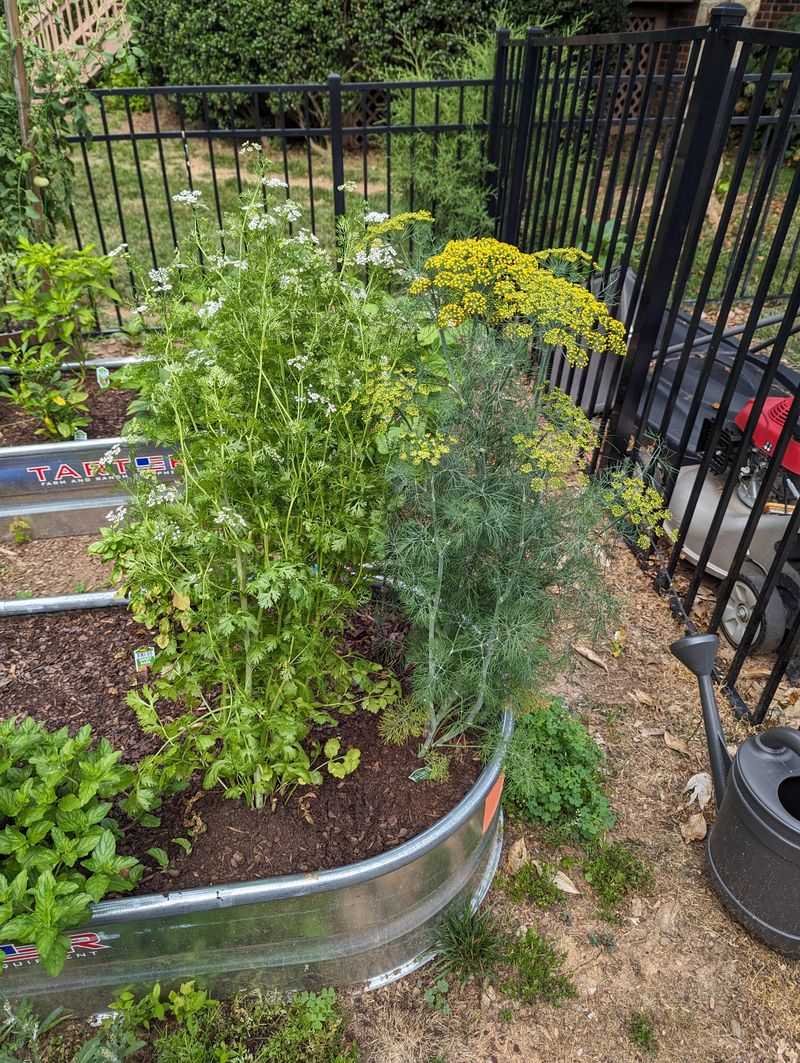
Every gardener wants abundant harvests, and pruning is the key to maximizing production. Each cut potentially creates multiple new growing points, dramatically increasing the total leaf surface area of your plants.
The math is simple but powerful – more stems mean more leaves, which means more herbs for your kitchen. Properly pruned plants can easily produce double or triple the harvest of their unpruned counterparts, turning a modest herb patch into a genuinely productive garden.
9. Controls Size
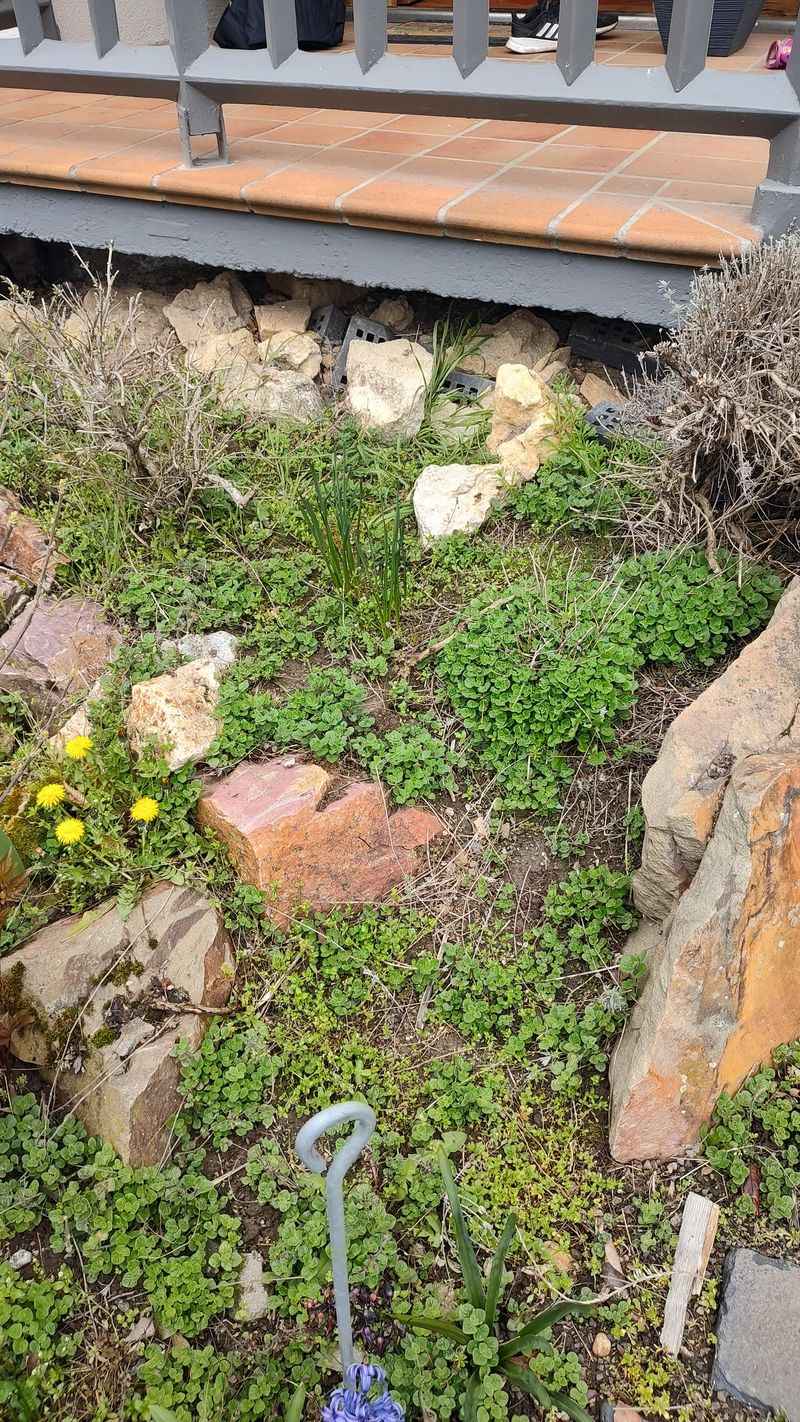
Aggressive growers like mint, oregano, and lemon balm can quickly take over garden spaces if left unchecked. Their spreading nature, while useful for production, can become problematic without intervention.
Regular pruning helps maintain appropriate boundaries and keeps these enthusiastic herbs in their designated spaces. This size control is especially important in small gardens, container plantings, or when growing multiple herbs in close proximity where competition for resources can become intense.
10. Prevents Flowering
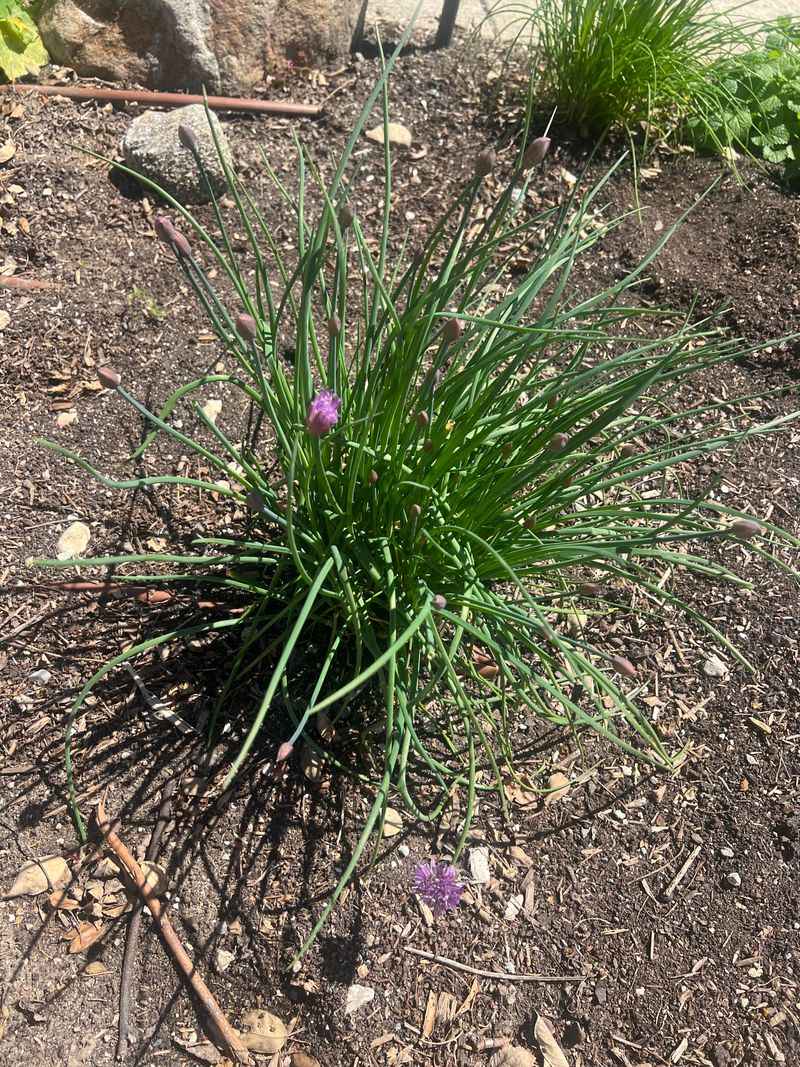
While herb flowers are beautiful and beneficial for pollinators, they signal the end of prime leaf production for many culinary favorites. Once herbs like basil, cilantro, and dill start flowering, their leaf flavor often changes dramatically.
Timely pruning removes flower buds before they develop, redirecting the plant’s energy back to leaf production. This intervention keeps your herbs in their prime culinary state longer, ensuring the flavors remain exactly as you want them for your favorite recipes.
11. Stimulates Root Growth
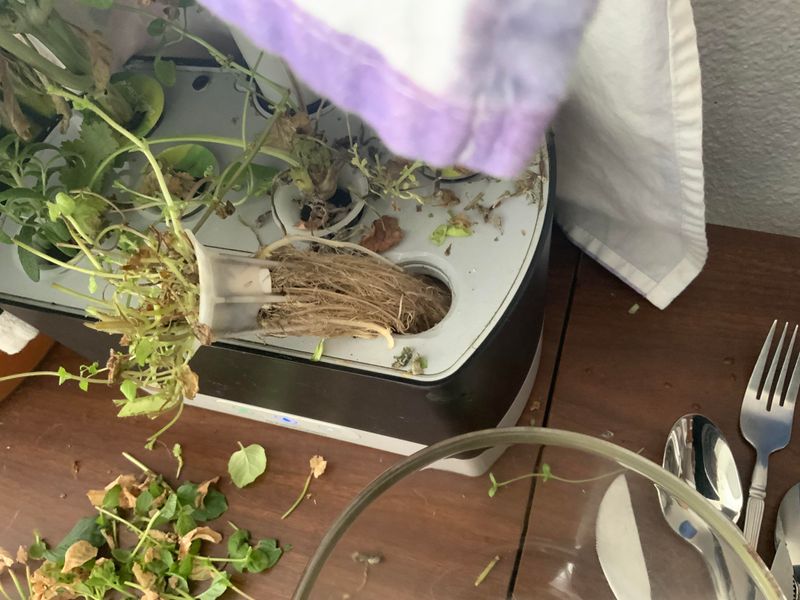
What happens below ground is just as important as what you see above. When you prune the top growth of herbs, it creates a corresponding response in the root system, stimulating new root development to support future growth.
This balanced approach creates stronger, more resilient plants overall. The expanded root system improves nutrient uptake and drought tolerance, making your herbs more self-sufficient and better equipped to handle environmental stresses like heat waves or temporary water shortages.
12. Prevents Self-Shading
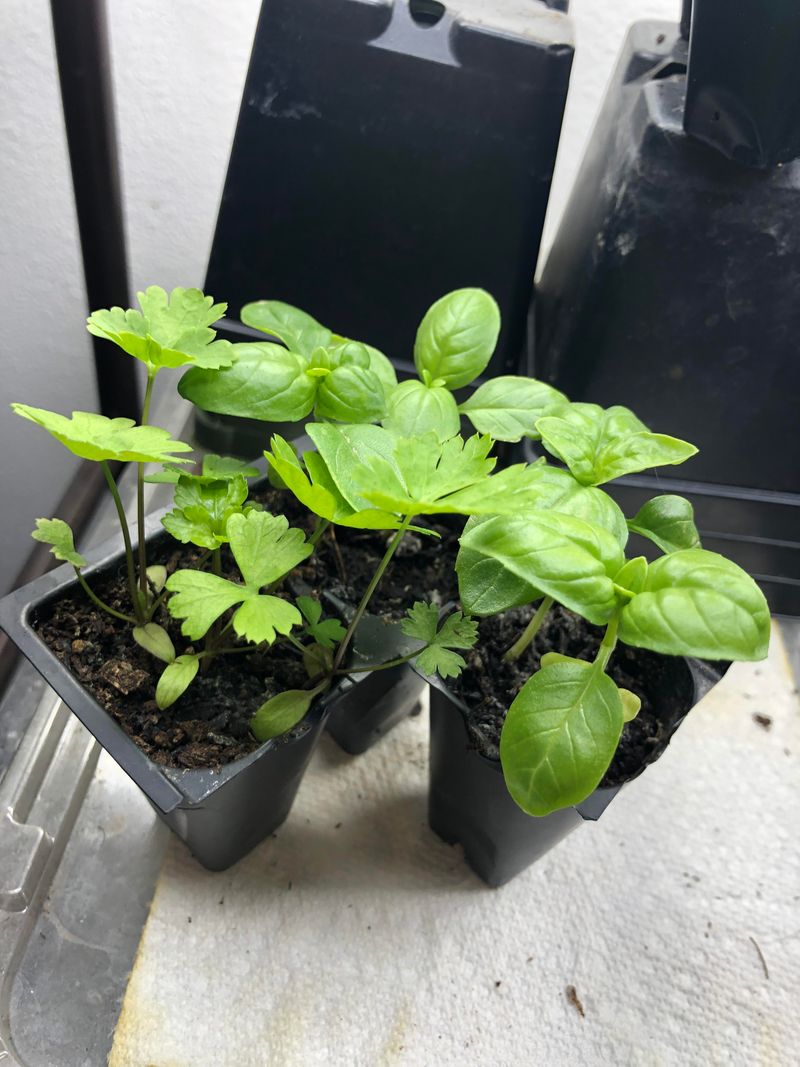
Overgrown herbs often create their own shade, with upper leaves blocking sunlight from reaching lower portions of the plant. This self-shading leads to yellowing lower leaves and bare stems that reduce overall plant health and productivity.
Strategic pruning opens up the plant’s structure, allowing sunlight to penetrate throughout. This more efficient light distribution ensures all parts of the plant can photosynthesize effectively, creating stronger growth and eliminating those unsightly yellow leaves at the bottom.
13. Promotes Nutrient Efficiency
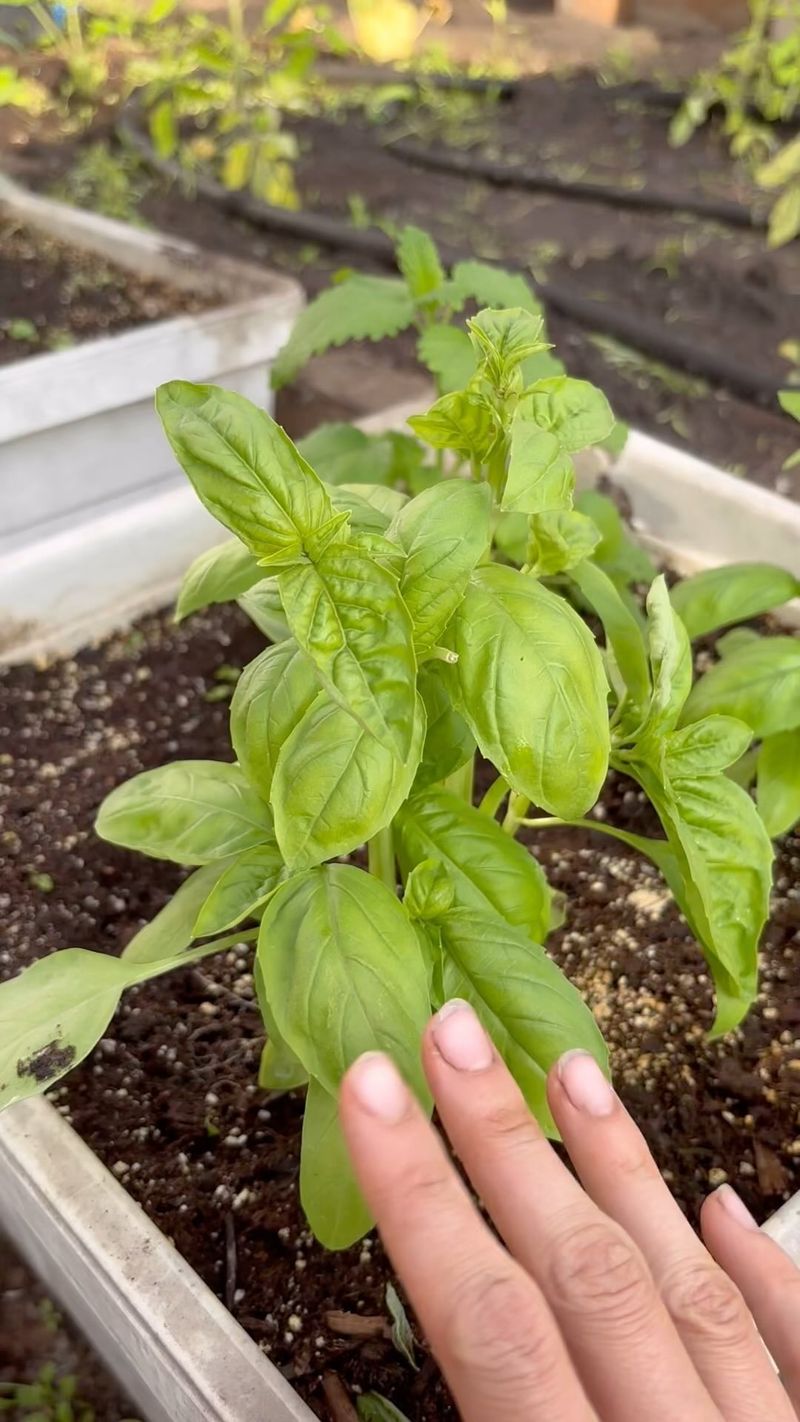
Plants have limited resources to distribute among their growing parts. Unpruned herbs waste valuable nutrients on maintaining old, unproductive growth or developing seeds that aren’t needed for culinary purposes.
Regular pruning redirects these precious resources to new, productive growth instead. This nutrient efficiency means your herbs can focus their energy where it matters most – producing the flavorful leaves you’re growing them for, rather than maintaining unnecessary plant material.
14. Enables Propagation
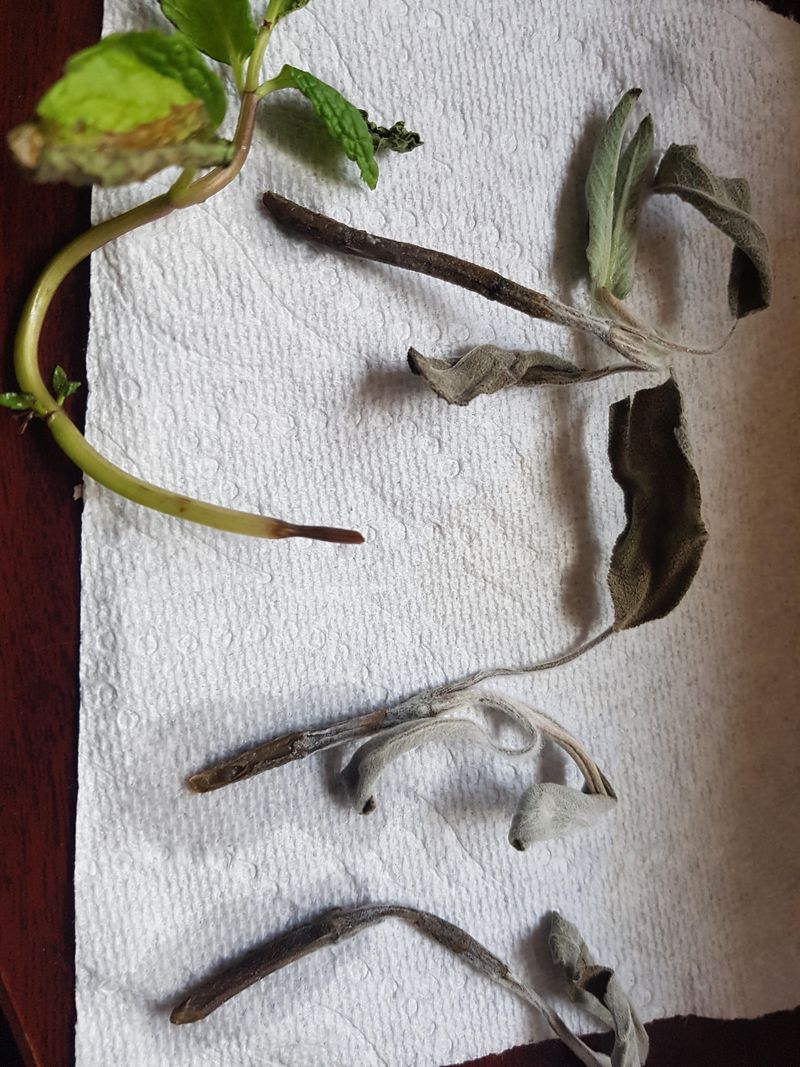
Those pruned stems don’t have to go to waste! Many herb cuttings readily root in water or soil, giving you free new plants from material you would otherwise discard.
Basil, mint, rosemary, sage, and many other herbs root easily from stem cuttings taken during regular pruning sessions. This propagation bonus allows you to expand your herb garden, replace aging plants, or share the bounty with friends – all while performing routine maintenance that benefits your existing plants.
15. Reduces Pest Pressure
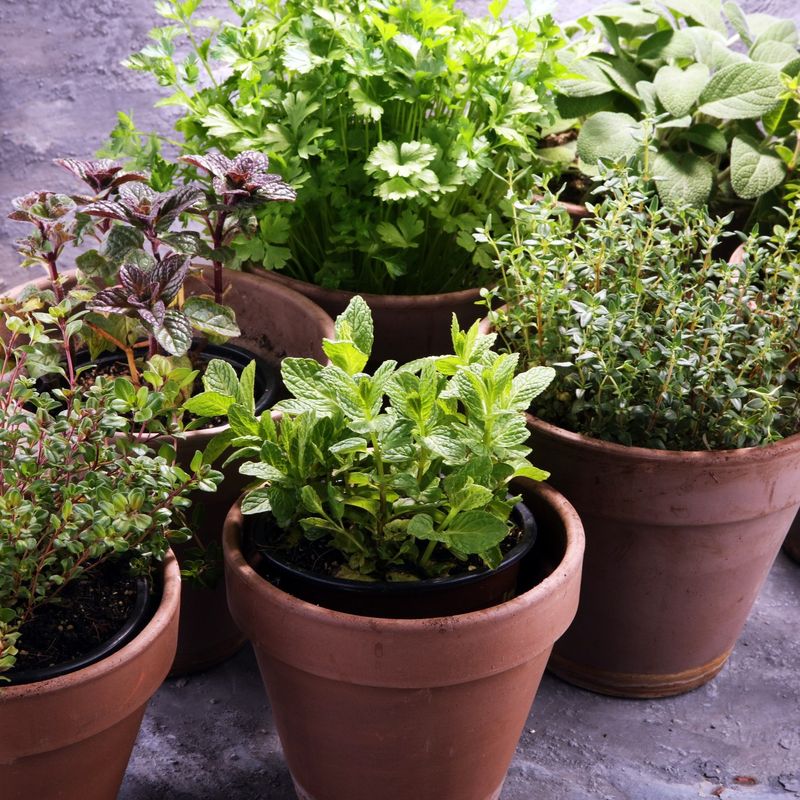
Overgrown, stressed herbs send chemical signals that actually attract certain pests. Aphids, spider mites, and other troublemakers are particularly attracted to plants with soft, leggy growth or declining health.
Regular pruning helps maintain plant vigor and removes the very growth that pests prefer. The result is naturally pest-resistant herbs that require fewer interventions. Proper air circulation from pruning also makes it harder for pests to establish colonies, creating an environment that favors your herbs rather than their potential predators.


